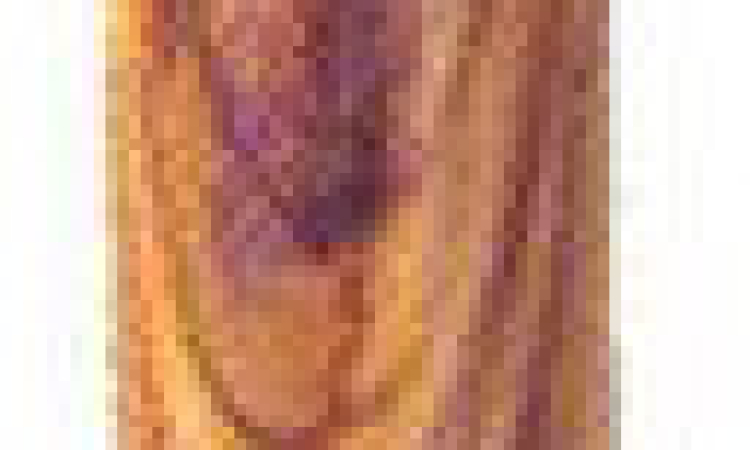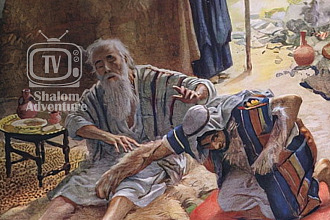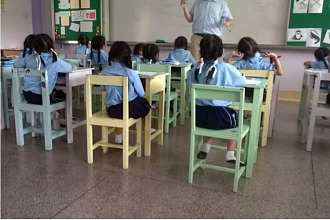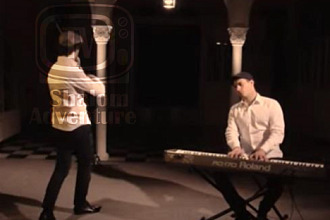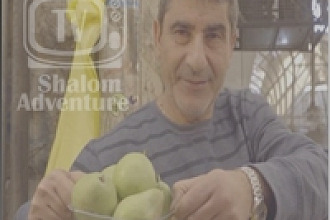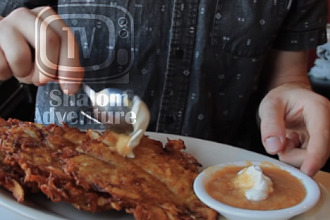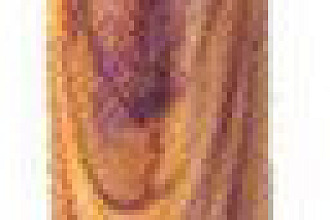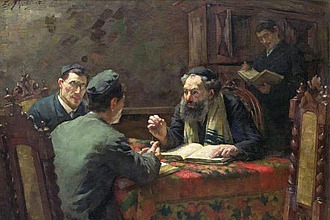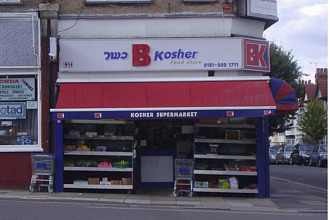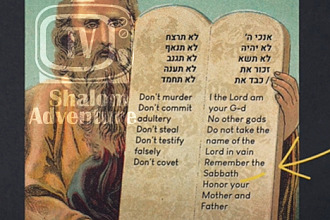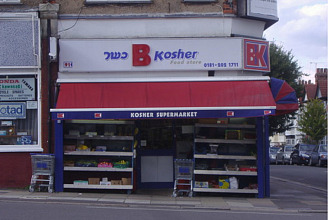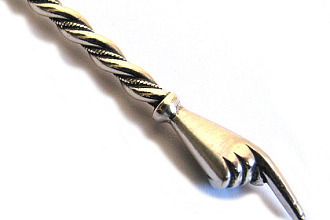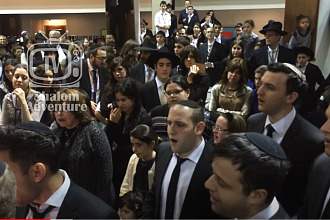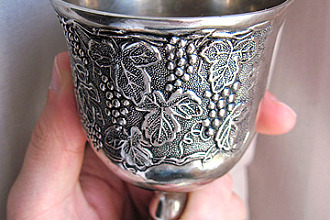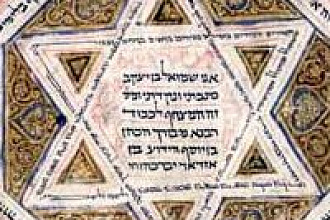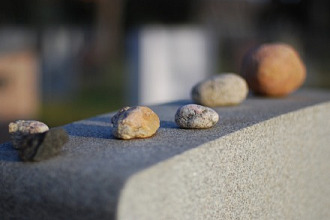When a Jewish family moves into a new home, relatives and friends can bring housewarming gifts that honor their Jewish traditions and culture.
Many aspects of Jewish religious observance center around home celebrations. Jewish ritual objects enable a Jewish family to perform the traditional rites associated with their daily Jewish life as well as the Sabbath and holidays. Jewish tradition encourages adding an aesthetic dimension (called "Hiddur Mitzvot") in the performance of laws and commandments.
Mezuzah
According to Jewish law, every Jewish home must have a mezuzah on the doorpost of each doorway. The mezuzah itself consists of a small parchment containing verses from Deuteronomy. Mezuzah covers encapsulate the parchment scrolls to enhance the commandment of affixing the mezuzah to the doorpost. Purchase a beautiful mezuzah cover made of glass, ceramic, wood, metal, paper mache or any other material as a homewarming gift. Check to ensure that a mezuzah cover meant for a doorpost leading outdoors will protect the scroll from the elements. Purchase the scroll, the most important part of the mezuzah, from a qualified sofer (scribe) who writes these scrolls as prescribed by Jewish law. Typed or photocopied scrolls are not kosher according to Jewish law.
Sabbath Set
In a traditional Jewish home, the week centers on the Sabbath. All work stops, and the family joins together for three Sabbath meals. Two of those meals, which take place on Friday night and Saturday at noon, include a recitation of the kiddush (sanctification) of the Sabbath day consisting of a blessing of the wine. The father generally recites the kiddush in Orthodox Jewish homes, while women play more of a role in the ritual in more modern Jewish homes. Families set aside a kiddush cup --- sometimes made of silver but also possibly crafted from blown glass, ceramics, pewter or other materials --- for the kiddush blessing. Present the family with an elegant kiddush cup as a meaningful gift to welcome them into their new home.
Challah Cover
On the Sabbath, observant Jewish families say a blessing on two loaves of bread after reciting the kiddush. According to the Bible, God gave the Children of Israel two portions of manna in the desert before the Sabbath so that they would not have to work on the Sabbath day. In recognition of this tradition, Jewish families bless two loaves of challah, a sweet braided Sabbath bread, before eating each of the three Sabbath meals. The challahs remain covered with a decorative cloth until the family recites the hamotzi blessing and begins their meal. Bring the family an embroidered, silk-screened or hand-painted challah cover.
Siddur
A good siddur (prayer book) will contain all the daily prayers for a Jewish family as well as the prayers of special days of the Jewish calendar. Many families will appreciate a siddur that includes guidance on the proper times to say certain prayers and blessings, translations, transliterations and commentaries. Buy the family a siddur that includes a wide range of additional information in addition to the prescribed prayers for home use and reference. Art Scroll provides siddurs for Orthodox families that follow both the Ashkanazi (Eastern European) and Sepharadi (Mediterranean and North African) traditions. Many members of the Conservative Jewish movement use the Sim Shalom siddur. The Reform Jewish movement offers the Mishkan T'filah siddur. Chabad Hassidic Jews pray from the Tehilat HaShem siddur. Confirm the family's Jewish traditions before buying them a siddur as a housewarming present.
Originally found here

